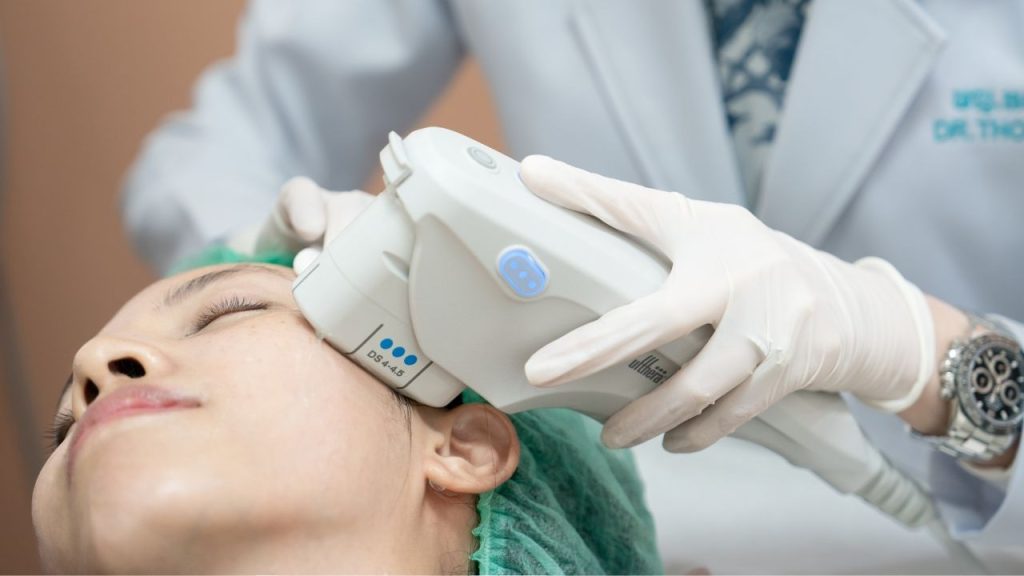Regular medical check-ups are essential for maintaining optimal health and well-being. In Singapore, many individuals opt for 6 monthly medical examinations to monitor their health status and detect potential issues early on. These biannual check-ups play a crucial role in preventive healthcare and contribute significantly to overall well-being. In this article, we explore the benefits of 6 monthly medical examinations and their impact on health in Singapore.
Early Detection of Health Issues
One of the primary benefits of 6 monthly medical examinations is the early detection of health issues. By undergoing regular check-ups every six months, individuals can identify potential health concerns before they escalate into more serious conditions. Routine screenings, such as blood tests, cholesterol checks, and blood pressure measurements, help healthcare providers detect abnormalities and initiate timely interventions.
Monitoring Chronic Conditions
For individuals with chronic conditions such as diabetes, hypertension, or heart disease, 6 monthly medical examinations are essential for ongoing monitoring and management. These regular check-ups allow healthcare providers to assess the effectiveness of treatment plans, adjust medications if necessary, and address any emerging complications. By closely monitoring chronic conditions, individuals can better manage their health and prevent complications.
Promoting Preventive Care
Six monthly medical examinations encourage individuals to prioritize preventive care and adopt healthy lifestyle habits. During these check-ups, healthcare providers offer personalized advice on diet, exercise, stress management, and other lifestyle factors that impact health. By promoting preventive care measures, such as vaccinations, cancer screenings, and smoking cessation programs, 6 monthly medical examinations help individuals reduce their risk of developing chronic diseases and improve overall well-being.
Addressing Mental Health Needs
In addition to physical health assessments, 6 monthly medical examinations also address mental health needs. Healthcare providers use these check-ups as an opportunity to screen for common mental health conditions such as anxiety and depression. By discussing mental health concerns openly and providing appropriate support and resources, healthcare professionals can help individuals manage their mental well-being effectively.
Building Patient-Doctor Relationships
Regular 6 monthly medical examinations facilitate the development of strong patient-doctor relationships. By seeing the same healthcare provider for routine check-ups, individuals can establish trust, communication, and continuity of care. This ongoing relationship allows healthcare providers to gain insight into their patients’ health histories, preferences, and values, enabling more personalized and effective healthcare delivery.
Encouraging Health Accountability
Six monthly medical examinations promote accountability for individual health. By scheduling regular check-ups every six months, individuals take an active role in monitoring their health and addressing any concerns proactively. This sense of accountability encourages adherence to recommended preventive care measures and motivates individuals to make positive lifestyle changes to support their well-being.
Conclusion
In Singapore, 6 monthly medical examinations play a crucial role in promoting health and well-being. These regular check-ups offer numerous benefits, including early detection of health issues, monitoring chronic conditions, promoting preventive care, addressing mental health needs, building patient-doctor relationships, and encouraging health accountability. By prioritizing regular medical check-ups every six months, individuals can take proactive steps to safeguard their health and enjoy a higher quality of life.

